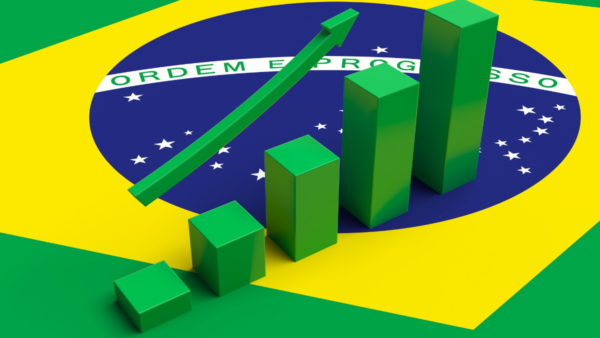In an unsurprising finish, the Brazilian Supreme Court decided—by a narrow 6-5 vote—that prison sentences in the country may only be enforced after all appeals routes have been exhausted. Between 2016 and last night, the court understood that defendants could go to jail after losing their first appeal.
The decision should affect almost 5,000 convicted felons, none as high-profile as former President Luiz Inácio Lula da Silva. Convicted of corruption and money laundering, the politician was released less than 24 hours after the Supreme Court verdict was proclaimed.
What does a free Lula mean for Brazilian politics?
Lula still faces many criminal cases, but unless one of them reaches the Supreme Court—and he loses his appeal—he will remain free. But the former president remains ineligible for public office, as anyone with a conviction by an appellate court—in prison or not—loses their political rights for eight years. Until 2024, Lula cannot appear on a ballot—meaning that he couldn’t run for president again until 2026, when he will be 81 years old.
But regardless of his eligibility, Lula remains the most popular politician in Brazilian politics....


 Search
Search






































